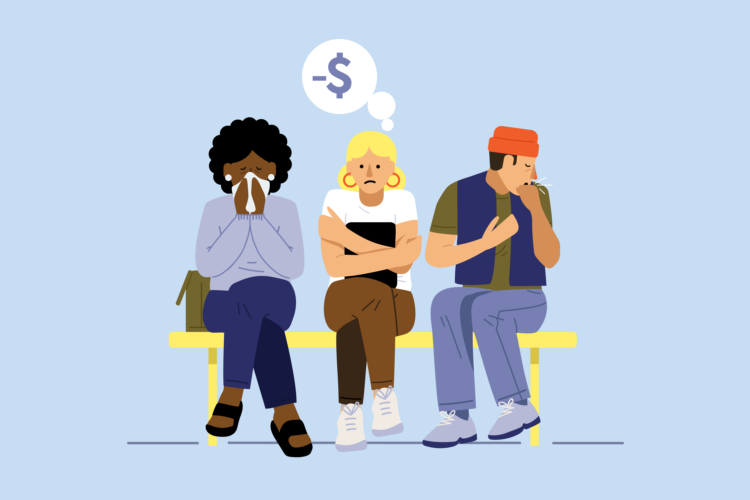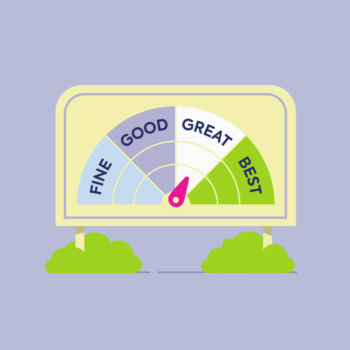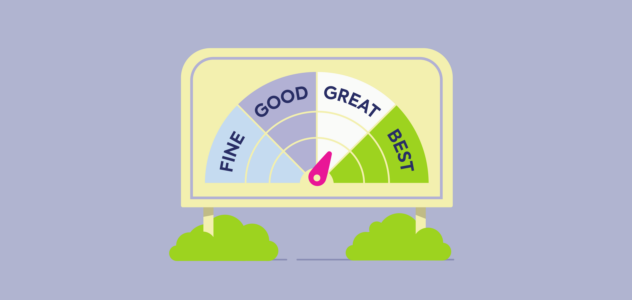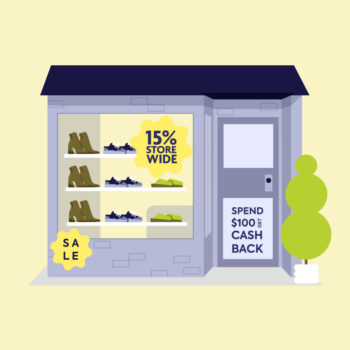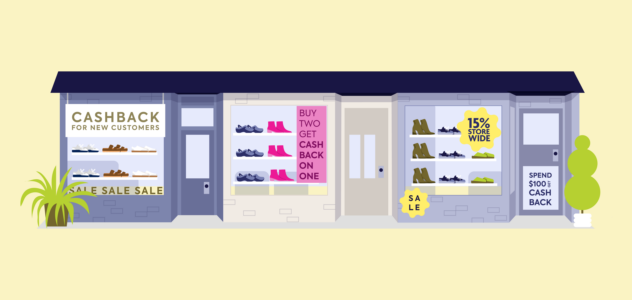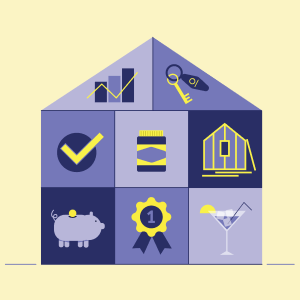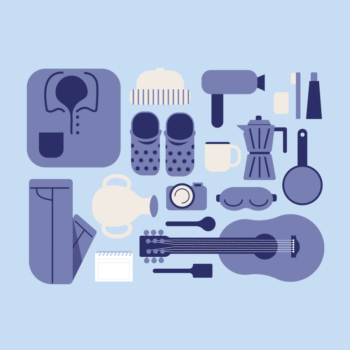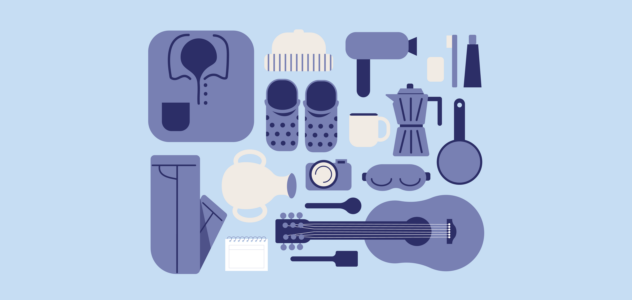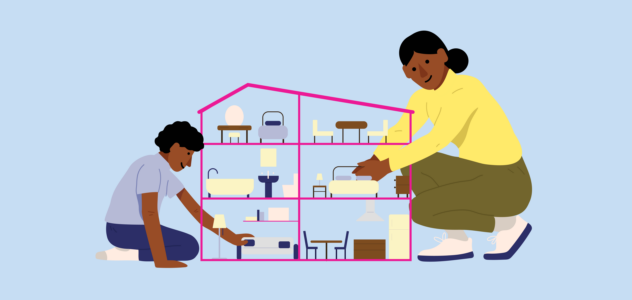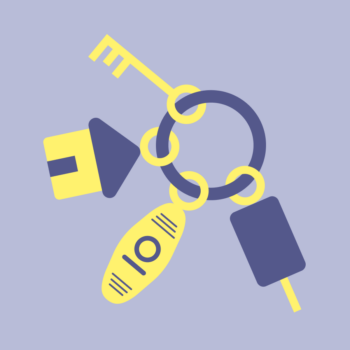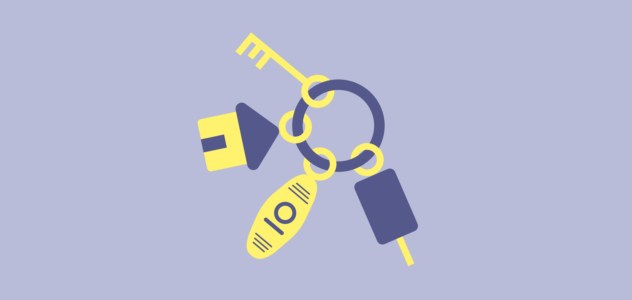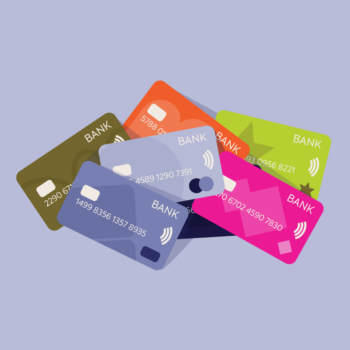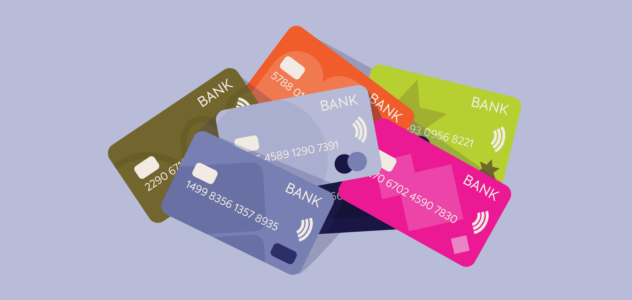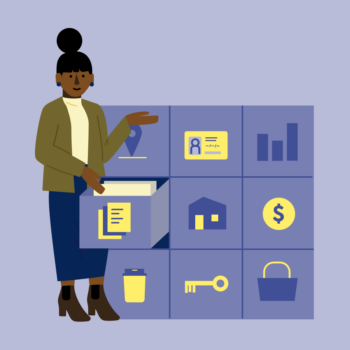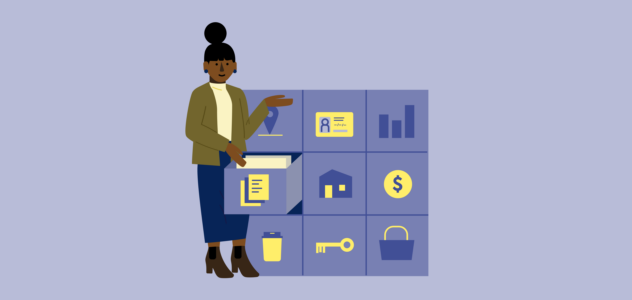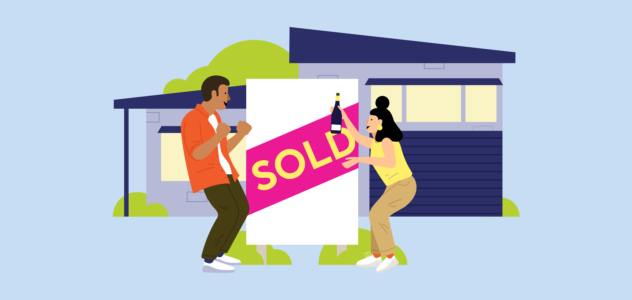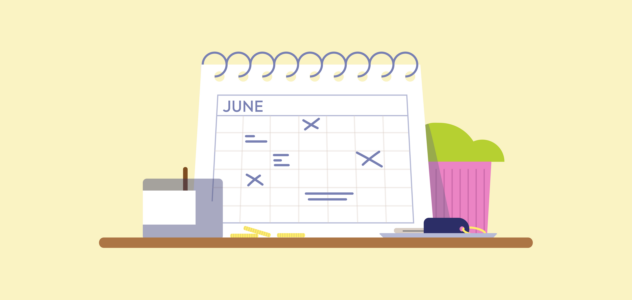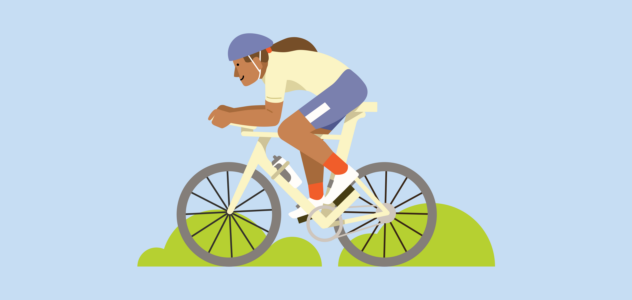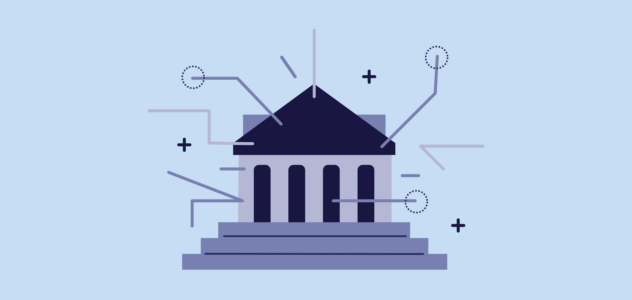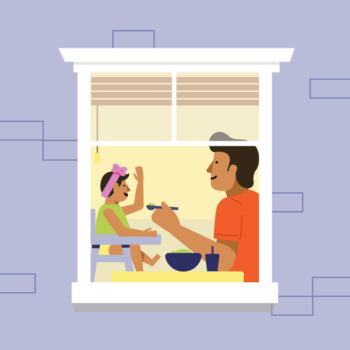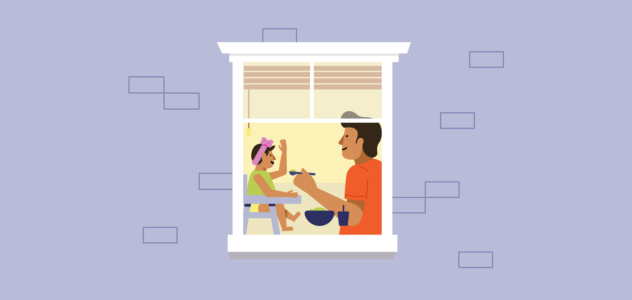Right now, Australians are using an incredible 16.871 million credit cards. They’re a huge part of the way many of us buy and pay for things every day. At Finspo, our mission is to help Australians pay off their home loans faster. One way we do this is helping you save on your banking.
So here are our top ways you can pay less for your credit card.
OK, so we know credit cards are a critical part of how many of us bank. In fact, Aussies make around 200 million purchases on credit cards each month. That’s a lot! But despite being commonplace in many wallets, credit cards can be a little complicated to understand, and it’s even harder to master a card (sorry, couldn’t resist).
Today, there’s over $33.5 billion owing on credit cards in Australia. The good news is that $12.9 billion is interest-free. The bad news is that the rest – all $20.6 billion of it, is being charged interest1.
So, is there a better way to use your credit card? The short answer is yes.
Keep reading and you’ll see tips on:
- How you could avoid the pitfalls of high interest rates.
- What to look for when choosing a credit card.
Pay down your debt, simple as that
- Pay on time. Make sure you make at least the minimum repayment each month to avoid being stung with a late payment fee. And those fees can be as nasty as $30 in some cases. Many banking apps let you set alerts to remind you when payment is due. Or better still, set up an auto payment and you won’t have to worry at all.
- Pay off as much as you can each month. You should be trying to pay off the full amount due each month or paying off as much as you possibly can. Because even at the lower rates of 12%, you’ll still pay $120 per year on every $1,000 owed.
- Get rid of your debt. If you’re paying interest on your credit card, think about how you could fully repay the debt. If you have money sitting in your mortgage offset account, you could save yourself heaps by using that cash to repay your credit card debt. It’s easy to see how – a $5,000 credit card debt at 20% will cost you $1,000 a year, while with money in an offset account, you’re avoiding paying interest of 3-5% (that’s $150-$250 a year) but being charged much, much more than that on your credit card.
Be smart and avoid paying fees
- Avoid cash advances. A cash advance is where you borrow cash from your credit card or make some cash-equivalent transactions on your card, rather than make a purchase. They often incur a fee (sometimes 2.5% of the amount you take out), they don’t get interest free days and can be charged a different interest rate – not good.
- Taking cash out of an ATM from your credit card or purchasing a gift card are two common transactions often classified as cash advances. Many gambling transactions are also considered cash advances and even some bill payments. If you are in doubt about a particular transaction, it’s probably a good idea to check the terms of your specific credit card.
- Be wary of overseas spend. When you’re on that little overseas break, you could be charged up to 3% every time you use your credit card. And be aware that many online purchases count as foreign transactions if the seller isn’t based in Australia.
- Consider a card with low or no annual fees. Check to see if you’re eligible for a credit card with no annual fee. For instance, many home loan packages come with this option included, so make sure you’re not paying a fee you shouldn’t be. It’s also important to research your options for credit cards with low or no annual fee.
Get the right card from the start
- Choose a card that’s right for you. That might be low rates, low fees and decent rewards. Make sure the card you have matches your needs.
- Don’t get seduced by points. Points can sound great right? Who doesn’t want things for free? But often they can end up costing more than they’re worth. On some reward programs, you’ll often need 15,000-20,000 points just to redeem a $100 gift card.
- Look out for offers. You’ll often see great offers attached to new cards. So have a good look around before you settle on one.
If you know what you’re doing, you can make your plastic even more fantastic
- Balance transfers. If you’re more confident about controlling your finances, balance transfers can be a great way to get your outstanding balances set to low or even 0% interest. To find out how, see the info we spotted here.
- Take advantage of interest-free days. This is a good one. If you’re able to repay your credit card debt in full each month, you can use the interest free days to your advantage. Here’s how. Credit cards allow you to buy something today and pay for it later when repayment is due. That means you can use the time in between to make the most of the extra money you have. For example, if you keep that extra cash in your offset account until repayment is due, you’ll reduce the interest you pay on your home loan. Or if you’re saving, you can keep that extra cash in a high interest account for longer and earn more interest. Nice!
We hope that’s given you a few tips on how you could use your credit card better.
At Finspo, our mission is to help Australians pay off their home loans faster. One way we do this is helping you save on your banking.
You’ll find out all about us and be able to check out the handy online tools we’re developing right now at finspo.com.au. One called Rate my Rate is already up and running. It’s a great way for you to research a range of home loans in the market, view current offers and see how your home loan stacks up.
So take a look and get inspired about managing your finances and credit card more simply and efficiently from now on.
All it takes is a little #finspo.
1RBA Data – C1.2: Credit and Charge Cards – Original Series – Personal and Commercial Cards (August 2020)
Things you need to know: Unless otherwise indicated, information is current as at publication. This information is general only and is not intended to include any recommendation or suggestion, or constitute any financial product advice or credit assistance about any of the products referred to in this document. Please consider whether this information is right for you before making any decisions and seek professional independent tax or financial advice. Conditions and fees may apply.
